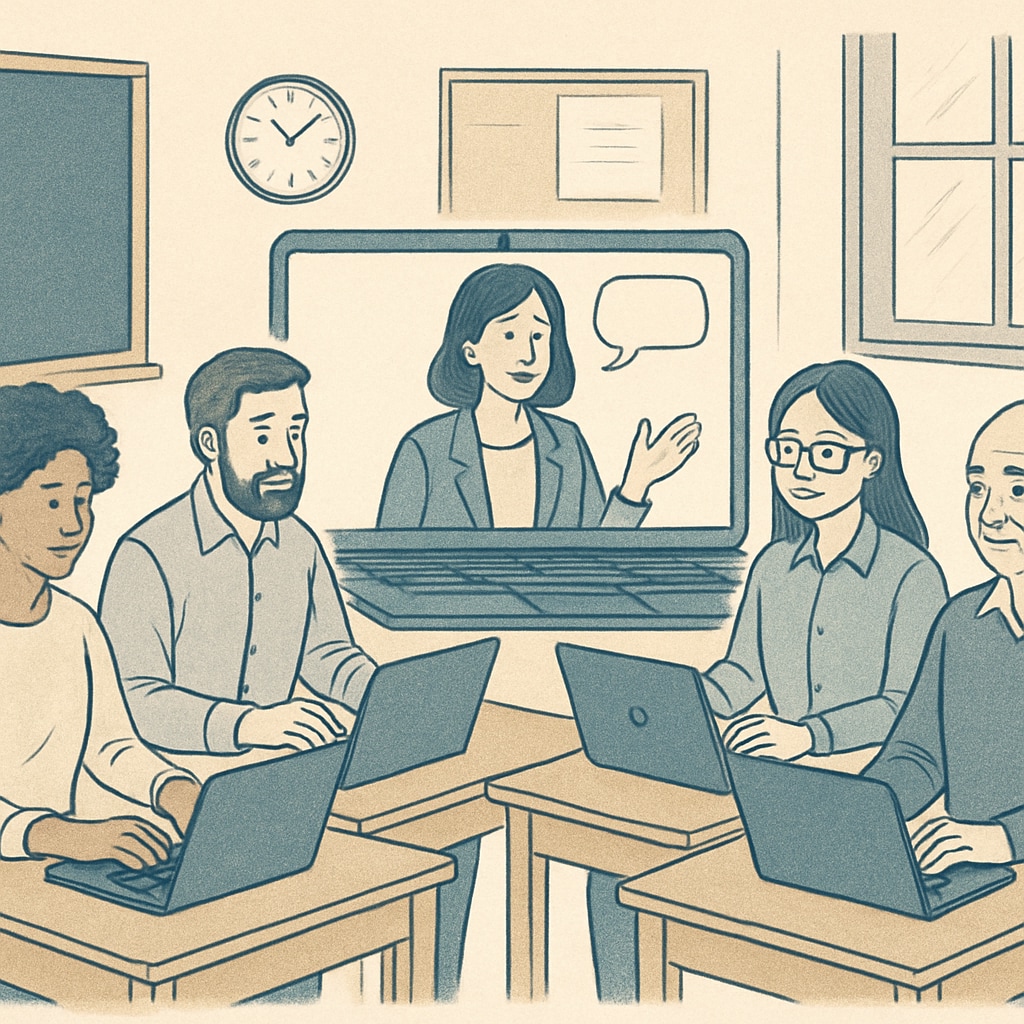For many adult learners, the journey to earning a degree isn’t a straight path. Challenges like credit transfer issues, life responsibilities, and financial constraints often lead to interruptions in education. However, an unfinished degree doesn’t have to mean the end of your academic goals. By exploring practical strategies tailored to adult learners, you can overcome obstacles such as credit transfer challenges and select flexible education programs that fit your life.
Understanding Credit Transfer Challenges
Credit transfer issues are among the most common hurdles faced by adult learners returning to school. Universities and colleges sometimes impose strict rules about which credits are accepted, leaving students with the difficult task of finding programs that recognize their previous coursework. In addition, older credits may not align with current program requirements, creating further complications.
To address these challenges, start by obtaining a detailed transcript of your previous coursework and researching institutions with transfer-friendly policies. Some colleges specifically cater to adult learners and offer generous policies for transferring credits or accepting life experience as equivalent credit. Websites like Wikipedia’s overview on credit transfer provide useful insights into navigating this process.

Flexible Study Options for Adult Learners
Adult learners often balance education with full-time jobs, family responsibilities, and other commitments. Therefore, choosing a flexible study program is critical. Many institutions now offer online courses, evening classes, and hybrid programs (a combination of online and in-person learning) to accommodate varied schedules.
In addition, competency-based education (CBE) programs are gaining popularity. Unlike traditional credit-hour systems, CBE focuses on mastering skills and knowledge, allowing students to progress at their own pace. This model is ideal for adult learners with significant professional experience, as it enables quicker degree completion.
For those seeking flexibility, online platforms like Britannica’s guide to distance learning offer valuable resources to understand how remote education works effectively.

Financial Aid and Support for Continuing Education
Cost is often another major concern for adult learners returning to school. Fortunately, several financial aid options are specifically tailored for non-traditional students. Scholarships for adult learners, employer tuition assistance programs, and federal financial aid (FAFSA) are excellent starting points. Many colleges also offer payment plans to help spread out tuition costs.
- Scholarships: Organizations like the Adult Students in Scholastic Transition (ASIST) provide funds for those resuming their education.
- Employer Support: Check if your employer offers tuition reimbursement as part of employee benefits.
- Federal Aid: Completing the FAFSA opens opportunities for grants and loans based on eligibility.
By exploring these options and consulting financial advisors at your chosen institution, adult learners can reduce the financial burden and focus on completing their degree.
Planning Your Path to Degree Completion
Once you’ve addressed credit transfer and selected a flexible program, the next step is planning your academic journey. Setting realistic goals and timelines is essential for maintaining focus and motivation. Consider breaking your coursework into manageable segments and regularly evaluating your progress to stay on track.
Many institutions now offer academic advising programs specifically for adult learners. These advisors can help you create a personalized education plan that integrates your previous credits and aligns with your career goals. Additionally, connecting with peers in similar situations through student associations or online forums can provide emotional support and valuable networking opportunities.
Remember, returning to school at any age is a significant achievement. By leveraging available resources and staying committed to your goals, you can successfully complete your degree and open doors to new career opportunities.
Readability guidance: Use short paragraphs and lists to summarize key points. Incorporate transition words like “however” and “in addition” to improve flow. Focus on actionable advice tailored to adult learners.


